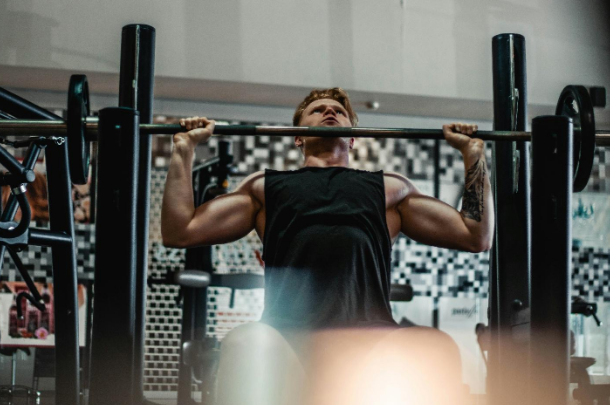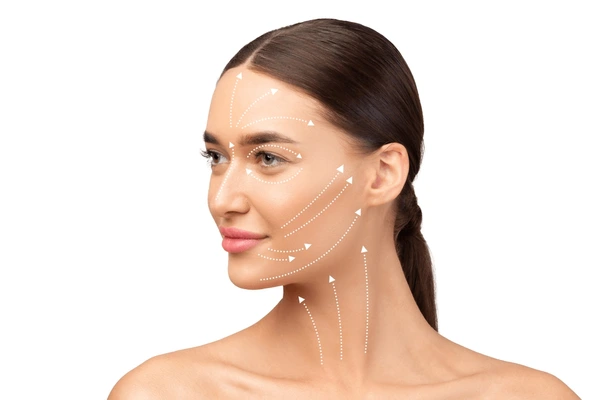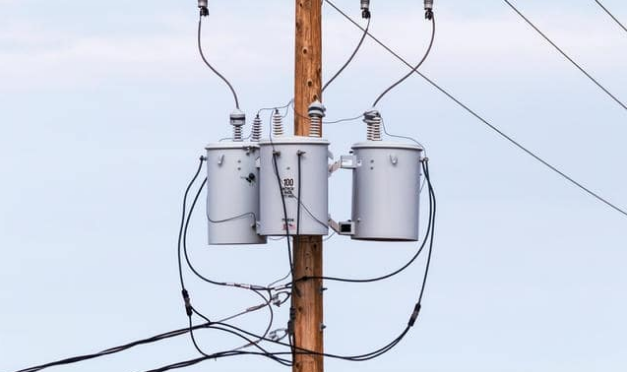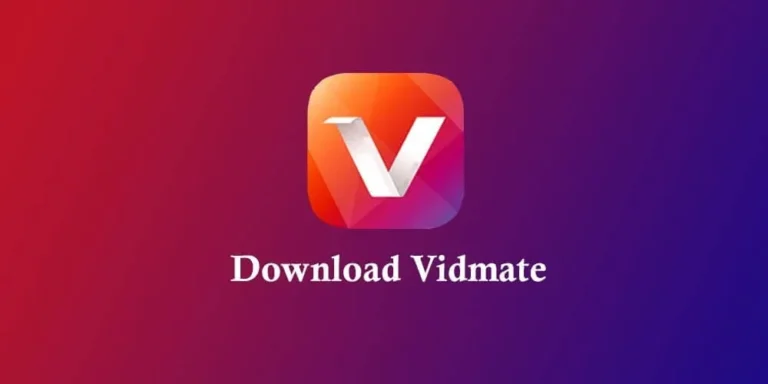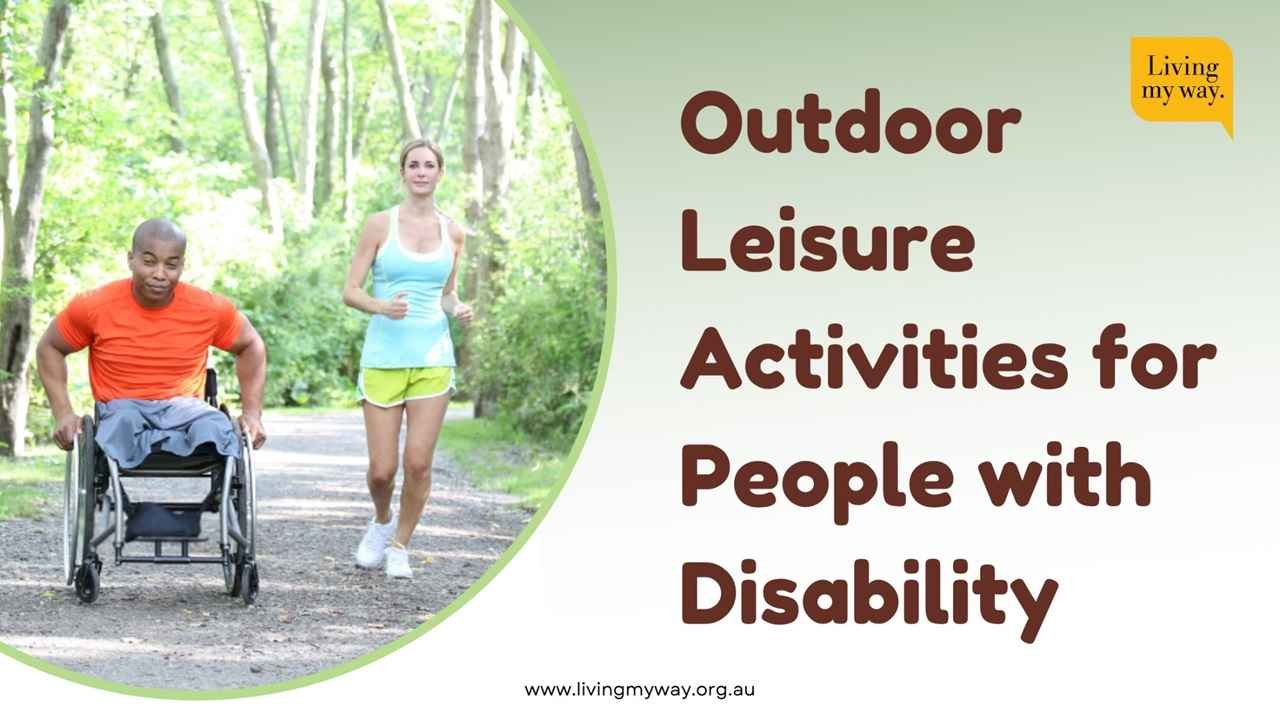
Outdoor leisure activities can provide incredible benefits for people with disabilities. These activities can help build physical strength, improve mental well-being, and offer valuable social connections. As society continues to focus on creating inclusive environments, people with disabilities now have access to a variety of opportunities to explore the outdoors and enjoy life to the fullest. For those seeking support to engage in these activities, Disability Support Services in Australia can offer some valuable guidance.
In this blog, we will explore some fantastic outdoor activities that are accessible and enjoyable for people with disabilities. These activities not only promote health and wellness but also offer a sense of empowerment and inclusion.
Outdoor Activity Ideas for People with Disability
Accessible Hiking and Nature Walks
Hiking and nature walks are rewarding outdoor activities that allow people to connect with nature. Many parks and nature reserves have worked to improve accessibility by providing wheelchair-friendly paths and trails. These trails are designed with smoother surfaces and gentle slopes, allowing people with mobility impairment to explore the natural world comfortably.
Additionally, some organisations and services offer guided nature tours that cater specifically to people with disability, ensuring the experience is enjoyable, informative, and safe. These tours may include sensory experiences for those with visual or auditory impairment, creating a richer connection with the environment. For those needing more assistance, disability support services in NSW can provide the necessary support and resources.
Adaptive Cycling
Cycling is a popular outdoor activity that can be adapted for people with disability. Adaptive bicycles, such as tricycles, recumbent bikes, and handcycles, are specially designed to accommodate different abilities; making cycling accessible to a wider range of people.
These bikes are available in many cities and regions, often through local organisations and recreational programmes. For people who are unable to cycle independently, tandem bikes and specialised equipment are also available, allowing them to enjoy cycling with a companion.
Adaptive cycling provides an excellent cardiovascular workout and promotes independence and confidence. Support Coordination in Sydney can assist in finding suitable services and resources for adaptive cycling.
Wheelchair Basketball and Wheelchair Rugby
Sports such as wheelchair basketball and wheelchair rugby are not only fun but also excellent for physical fitness and social interaction. These adaptive sports are specifically designed for people with mobility impairment, allowing them to compete in an inclusive and supportive environment.
Many community centres and sports organisations offer opportunities for people with disability to join teams, attend practices, and participate in local tournaments. These sports provide an excellent way to stay active, build teamwork skills, and develop resilience. Through disability Support Workers, individuals can access further assistance in getting involved in these sports programmes.
Sailing
Sailing is an exciting and empowering outdoor activity that has become increasingly accessible for people with disability. Several sailing programmes and organisations offer specialised equipment and adaptive boats that enable individuals with mobility challenges to enjoy the thrill of being on the water.
These programmes often include training and guidance to help participants build confidence and sailing skills. Sailing can enhance coordination, teamwork, and independence while providing a sense of adventure and freedom. Some organisations that offer accessible sailing programmes are known to disability Support Coordinators to ensure accessibility and support for participants.
Adaptive Water Sports
Water sports offer numerous benefits for people with disability, including swimming, kayaking, and surfing. Swimming is a low-impact, full-body exercise that promotes cardiovascular health, muscle strength, and flexibility. In addition, many swimming pools offer accessible facilities, including ramps and lifts, making it easier for people with disability to enjoy swimming.
For those looking for more adventure, some kayaking and canoeing programmes have adapted boats with special equipment to ensure a safe and enjoyable experience. Additionally, adaptive surfing programmes allow people with disability to experience the joy of riding waves with the help of trained instructors and adaptive surfboards. Finally, Disability Support Coordination Services in NSW can assist individuals in finding local water sports programmes tailored to their needs.
Accessible Camping
Camping is a popular outdoor activity, and today, accessible camping options are available for people with disability. Accessible campsites can provide the necessary accommodations, including ramps, adapted restrooms, and wider pathways, to ensure a comfortable experience in nature.
Many camping sites also offer accessible recreational equipment such as fishing gear, adaptive bikes, and accessible tents. In addition, camping provides a wonderful opportunity for people to connect with nature, relax, and enjoy the outdoors with family and friends. If assistance is needed, various disability services in Australia can help connect individuals to suitable camping programmes and resources.
Horseback Riding and Therapeutic Riding Programmes
Horseback riding is a fantastic outdoor activity that can benefit people with disability. Therapeutic riding programmes, which are often offered at equestrian centres, provide specialised training and equipment that help riders improve strength, balance, and coordination.
For many individuals, horseback riding can offer a sense of freedom and empowerment. It also provides an opportunity to connect with animals, which can have therapeutic benefits for mental health and well-being. Moreover, disability support coordinators can assist in connecting individuals to therapeutic riding programmes in their area.
Botanical Gardens and Outdoor Parks
Visiting botanical gardens and outdoor parks is a wonderful way to spend time outdoors while enjoying the beauty of nature. Many botanical gardens and parks are designed with accessibility in mind, offering paved pathways, sensory gardens, and other features to accommodate people with disability.
These locations often provide a calm and peaceful environment, perfect for relaxation and enjoyment. Additionally, some botanical gardens offer accessible tours, making it easier for visitors with vision or hearing impairments to enjoy the experience through sensory-focused programmes. Disability Support Coordinators can help individuals access information about these gardens and parks.
Adaptive Skiing and Snowboarding
For people with disability who love winter sports, adaptive skiing and snowboarding are exciting options. Specialised equipment, such as sit-skis and mono-skis, allows people with mobility impairment to ski or snowboard with ease. Many ski resorts offer adaptive programmes with trained instructors who help participants learn the skills necessary to enjoy winter sports.
These activities provide a great way to stay active during the colder months and can build confidence, balance, and coordination. If you’re looking to try adaptive skiing or snowboarding, disability service providers in Australia can provide resources and connect you with local programmes.
Community Gardening
Community gardening is a peaceful outdoor activity that allows individuals to contribute to their local environment while fostering a sense of community. Many urban gardens are designed to be wheelchair accessible, offering raised garden beds, wide pathways, and other accommodations for people with disability.
Gardening provides an excellent form of light exercise and can be incredibly therapeutic. It also creates a sense of accomplishment and allows individuals to connect with others who share similar interests.
The Importance of Accessibility in Outdoor Leisure Activities
For many people with disability, the key to enjoying outdoor leisure activities lies in accessibility. Society plays an important role in breaking down the barriers that prevent people with disability from fully participating in outdoor activities. By focusing on universal design and accessibility, we can create environments where everyone, regardless of their abilities, can enjoy nature and recreational pursuits.
Organisations, parks, and recreational programmes must continue to invest in accessible infrastructure and adaptive equipment to ensure that outdoor activities remain inclusive for people with disability. The social model of disability emphasises that it is the environment, not the individual, that often creates barriers to participation. By removing these barriers, we can create a world where everyone can experience the benefits of outdoor leisure activities.
Empowering People with Disability to Explore the Outdoors
Outdoor leisure activities are essential for maintaining physical health, mental well-being, and social connections. It is crucial to empower people with disability to explore these activities, not by focusing on limitations, but by recognising their abilities and providing the support they need to participate fully.
If you’re interested in learning more about accessible outdoor activities or seeking support, you can reach out to Living My Way today. Together, we can help make the world a more inclusive place for everyone.


